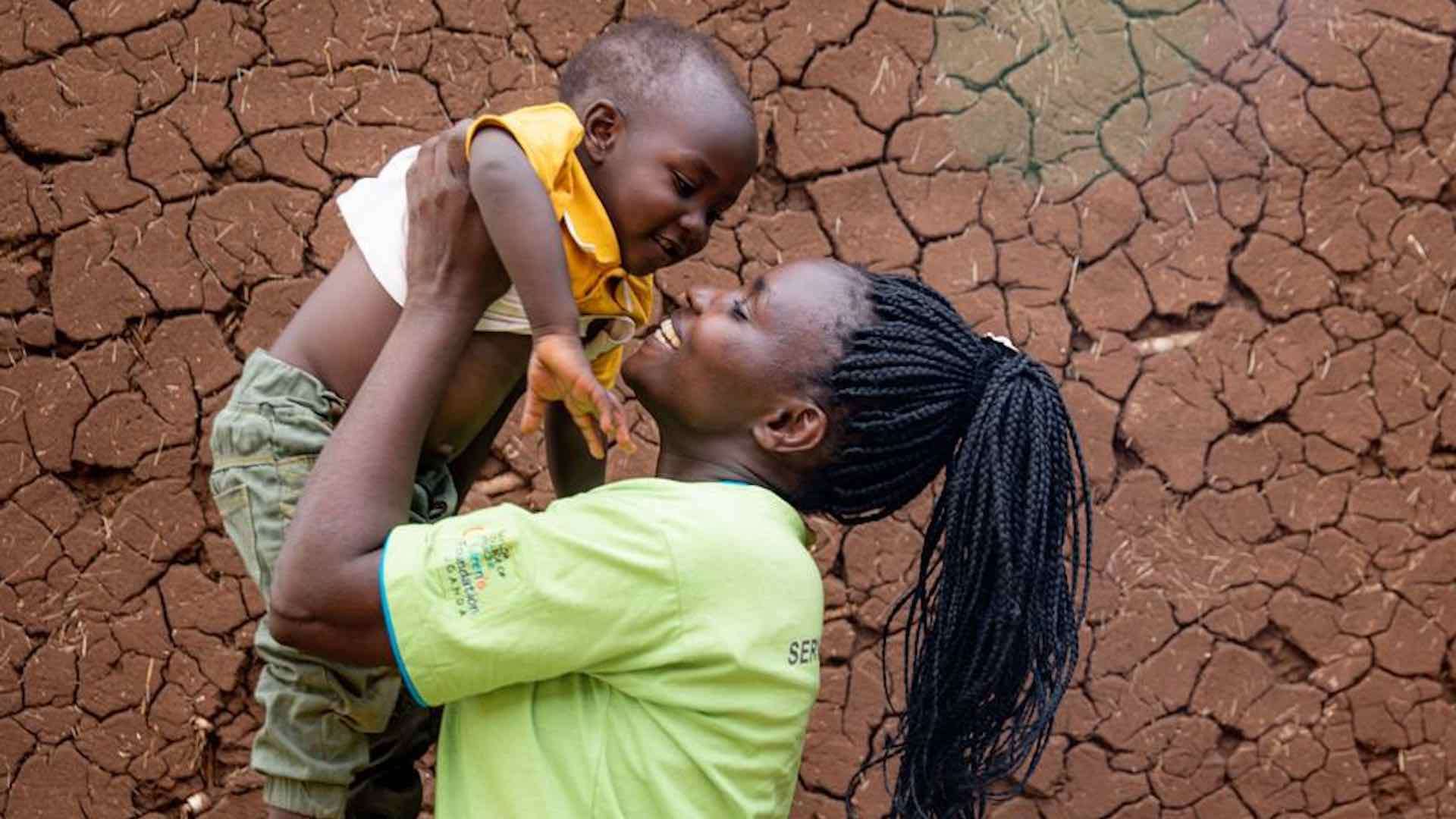At a meeting in Tanzania, 12 African countries pledged to end AIDS in children by 2030. The first ministerial meeting of the Global Alliance to End AIDS in Children marked an invaluable step in ensuring that all boys and girls with HIV have access to life-saving treatment, and that HIV-positive mothers can deliver babies free of infection.

According to the UN News Center, nearly half of children living with HIV, 52 percent, are on life-saving treatment, whereas 76 percent of adults are receiving antiretrovirals. This disparity is considered by the World Health Organization (WHO) to be among the most glaring in the response to AIDS.
Children account for 15 percent of all AIDS-related deaths, despite making up only four percent of people living with HIV. In response, UNICEF pledged full support and welcomed the leaders’ commitments. Every child has the right to a healthy and hopeful future, said UNICEF Associate Director Anurita Bains, adding “we cannot let children continue to be left behind in the global response to HIV and AIDS.”
In July 2022, the Global Alliance to End AIDS in Children was launched at the AIDS conference in Montreal, Canada. During its first ministerial meeting, the Dar-es-Salaam Declaration for Action to end AIDS in Children was unanimously endorsed. It is UNAIDS‘ belief that progress is possible, since 16 countries and territories have already been certified to limit mother-to-child transmission of HIV and/or syphilis.
Although HIV and other infections can be transmitted during pregnancy or breastfeeding, pre-exposure prophylaxis (PrEP) can interrupt this transmission. Botswana has become the first African country with a high HIV prevalence to be validated as being on the path toward eliminating vertical transmission of HIV. This means the country has fewer than 500 new HIV infections among newborns per 100,000 births. Vertical transmission in Botswana is now two percent, down from 10 percent a decade ago.
